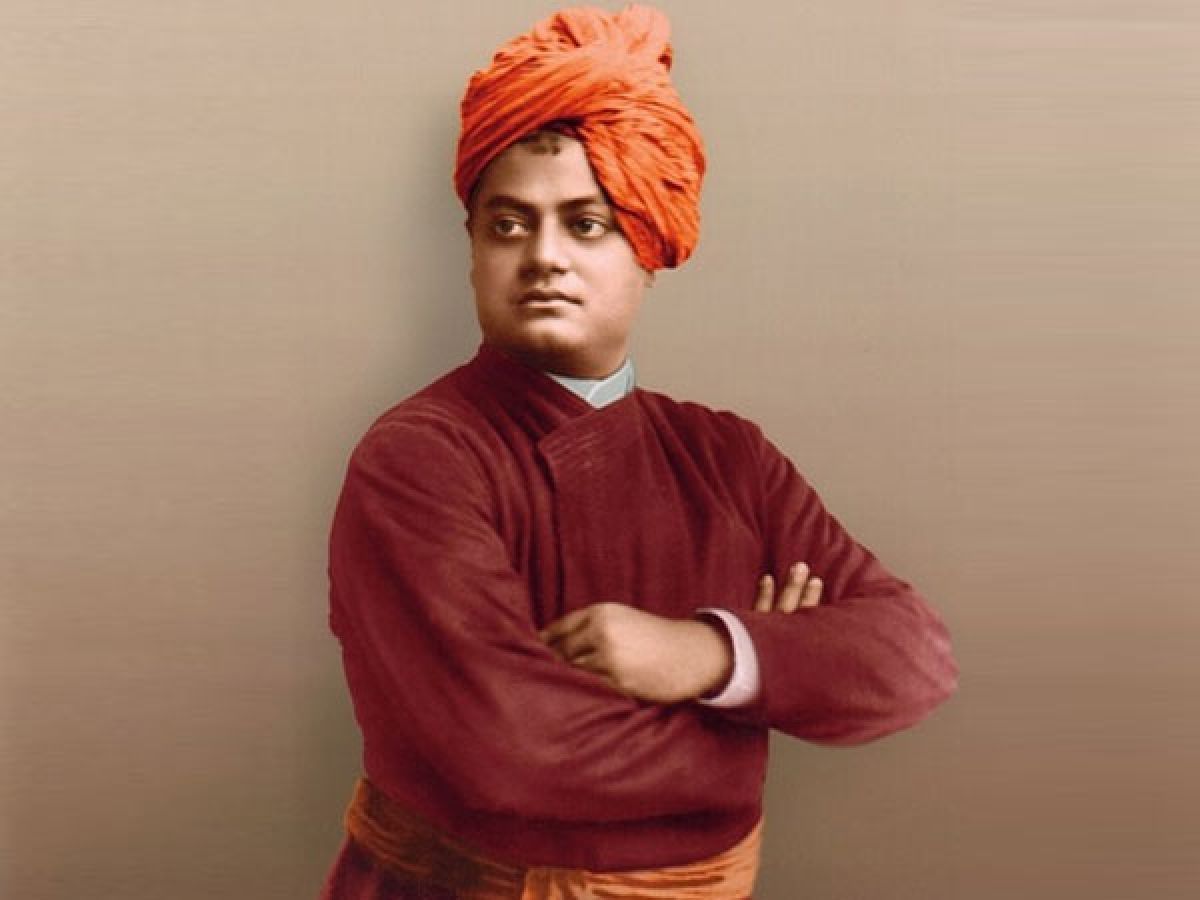Swami Vivekananda (12th January, 1863 – 4th July 1902)

Born into an aristocratic Bengali Kayastha family of Calcutta, Vivekananda was born as Narendranath Datta on 12 January, 1863. He was inclined towards spirituality since beginning and later became an Indian Hindu monk. He was a chief disciple of the 19th-century Indian mystic Ramakrishna. He was a key figure in the introduction of the Indian philosophies of Vedanta and Yoga to the Western world, and is credited with raising interfaith awareness, bringing Hinduism to the status of a major world religion during the late 19th century.
He was a major force in the revival of Hinduism in India, and contributed to the concept of Indian nationalism as a tool to fight against the British empire in colonial India. Vivekananda founded the Ramakrishna Math and the Ramakrishna Mission. He is perhaps best known for his speech which began with the words “Sisters and brothers of America ...,” in which he introduced Hinduism at the Parliament of the World’s Religions in Chicago in 1893.
He believed that all living beings were an embodiment of the divine self; therefore, service to God could be rendered by service to humankind. He conducted hundreds of public and private lectures and classes. He summarized the Vedanta as follows, giving it a modern and Universalistic interpretation:
‘Each soul is potentially divine. The goal is to manifest this Divinity within by controlling nature, external and internal. Do this either by work, or worship, or mental discipline, or philosophy—by one, or more, or all of these—and be free. This is the whole of religion. Doctrines, or dogmas, or rituals, or books, or temples, or forms, are but secondary details.’
In India, Vivekananda is regarded as a patriotic saint, and his birthday is celebrated as National Youth Day. According to his disciples, Vivekananda attained mahasamādhi on 4 July, 1902.







